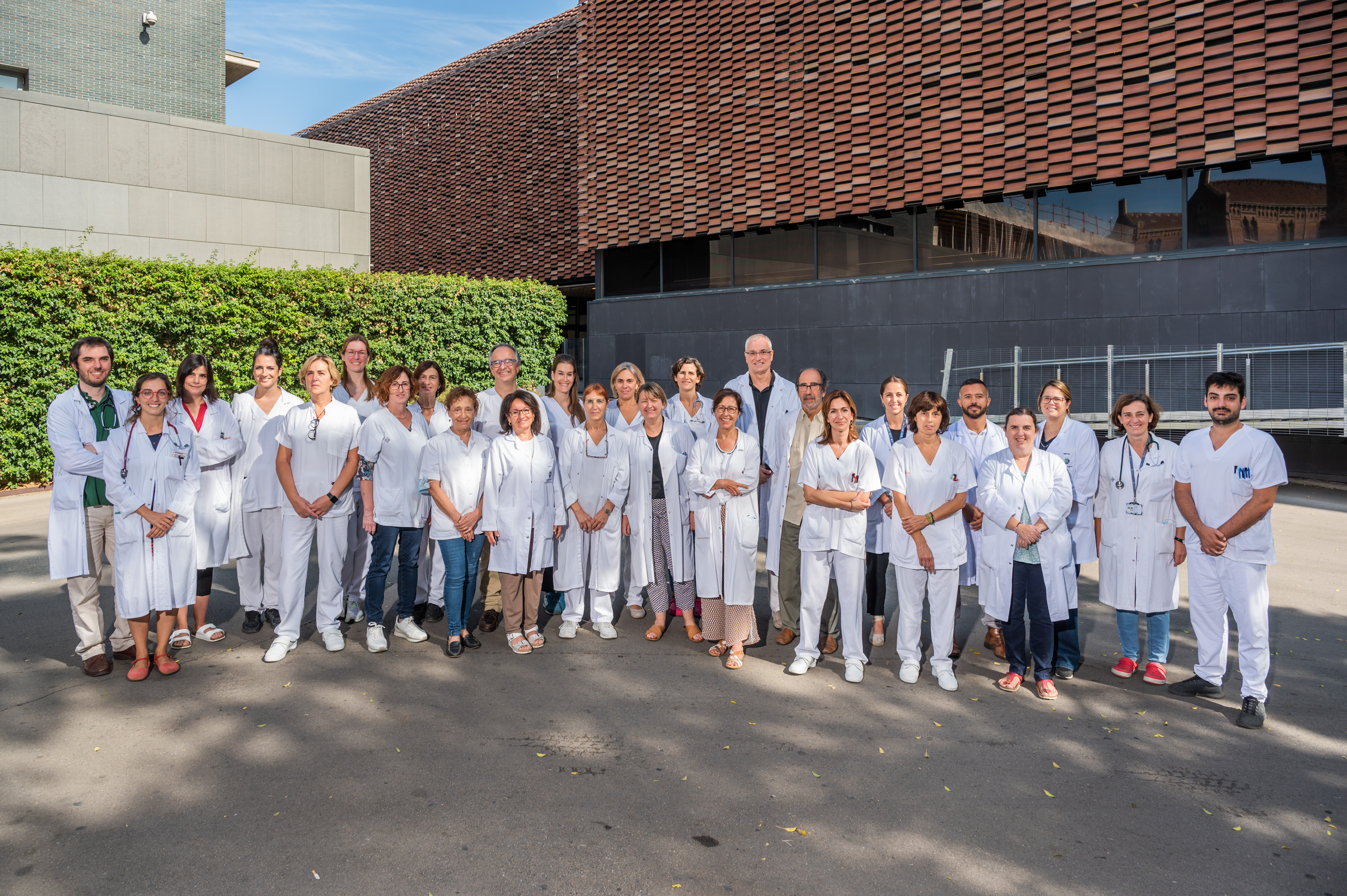

To continue with the government health department agreement regarding the development of support functions as follows:
To continue with the government health department agreement regarding the development of support functions as follows:

NAVARRO RISUEÑO, FERRAN FGS
fnavarror@santpau.cat
Altaba Sastre, Raul FGS
Artesero Sosa, Iris IR
Ballarin Laliena, Gemma FGS
Canal Girol, Cristina F. PUIGVERT
Cermeño Reyes, Silvia FGS
Cordoba Herrera, Christian F. PUIGVERT
Cortes Palacios, Ana Pilar FGS
De Benito Hernandez, Maria Natividad FGS
Escola Verge, Laura FGS
Español Fran, Montserrat FGS
Facundo Molas, Carme F. PUIGVERT
Fayos De Arizon, Leonor F. PUIGVERT
Fernandez Piqueras, Engracia FGS
Garrigo Fullola, Montserrat FGS
Gallego Rodriguez, Anna FGS
Gomez Martinez, Laura FGS
Grillo, Sara FGS
Lopez-contreras Gonzalez, Joaquin FGS
Marti Orench, Neus FGS
Miro Cardona, Elisenda FGS
Muñoz Batet, Carmen FGS
Perez Mir, Monica F. PUIGVERT
Piriz Marabajan, Marta Sonsoles FGS
Pomar Solchaga, Virginia FGS
Rivera Martinez, Maria Alba FGS
Roch Villaverde, Nerea FGS
Rombauts, Alexander FGS
Rubio Bueno, Marc FGS
Sanchez Reus, Fernando FGS
Serra Cabañas, Nuria F. PUIGVERT
(JIF 2022)